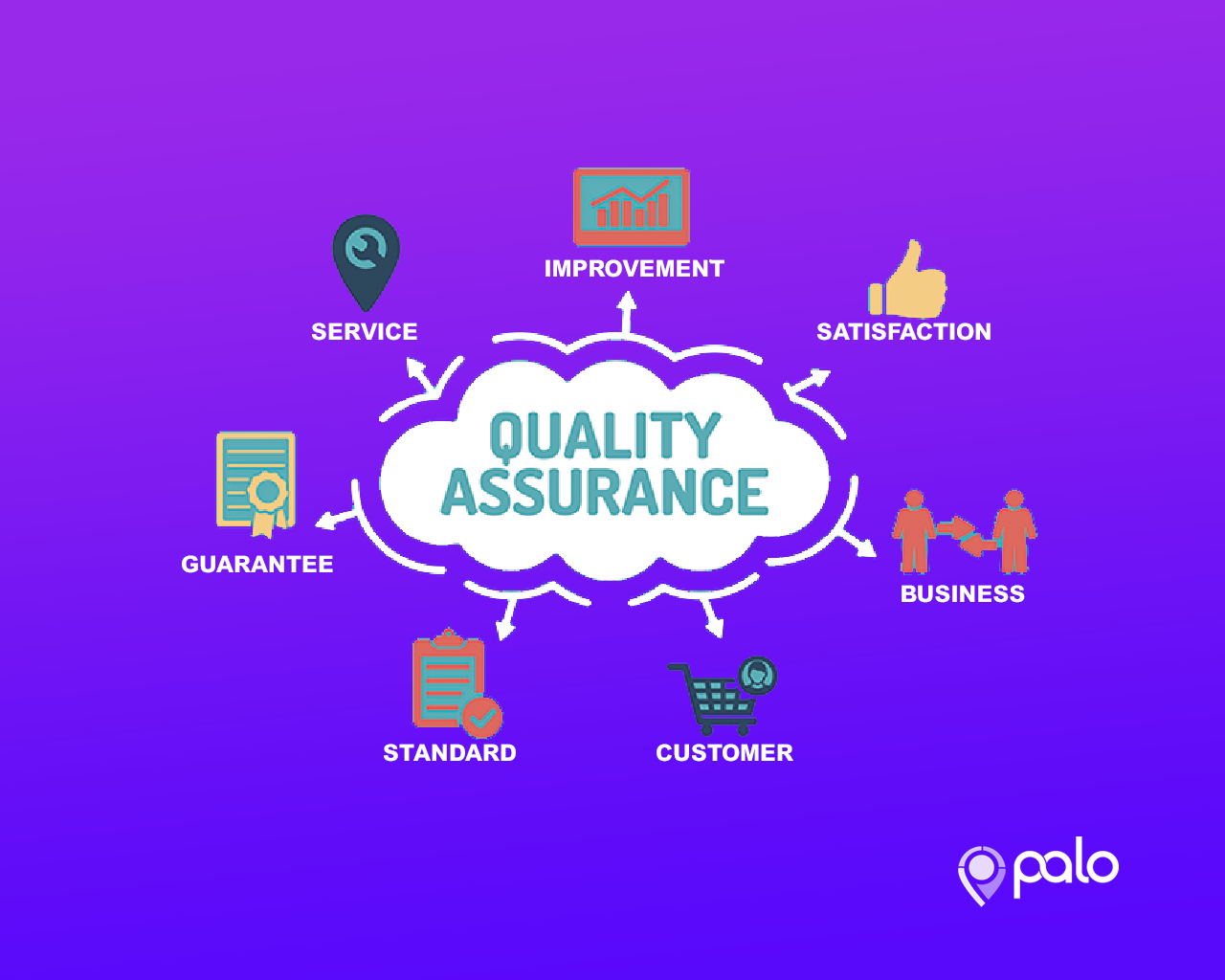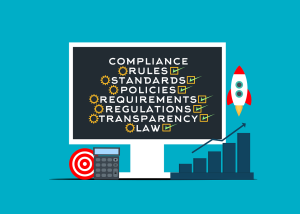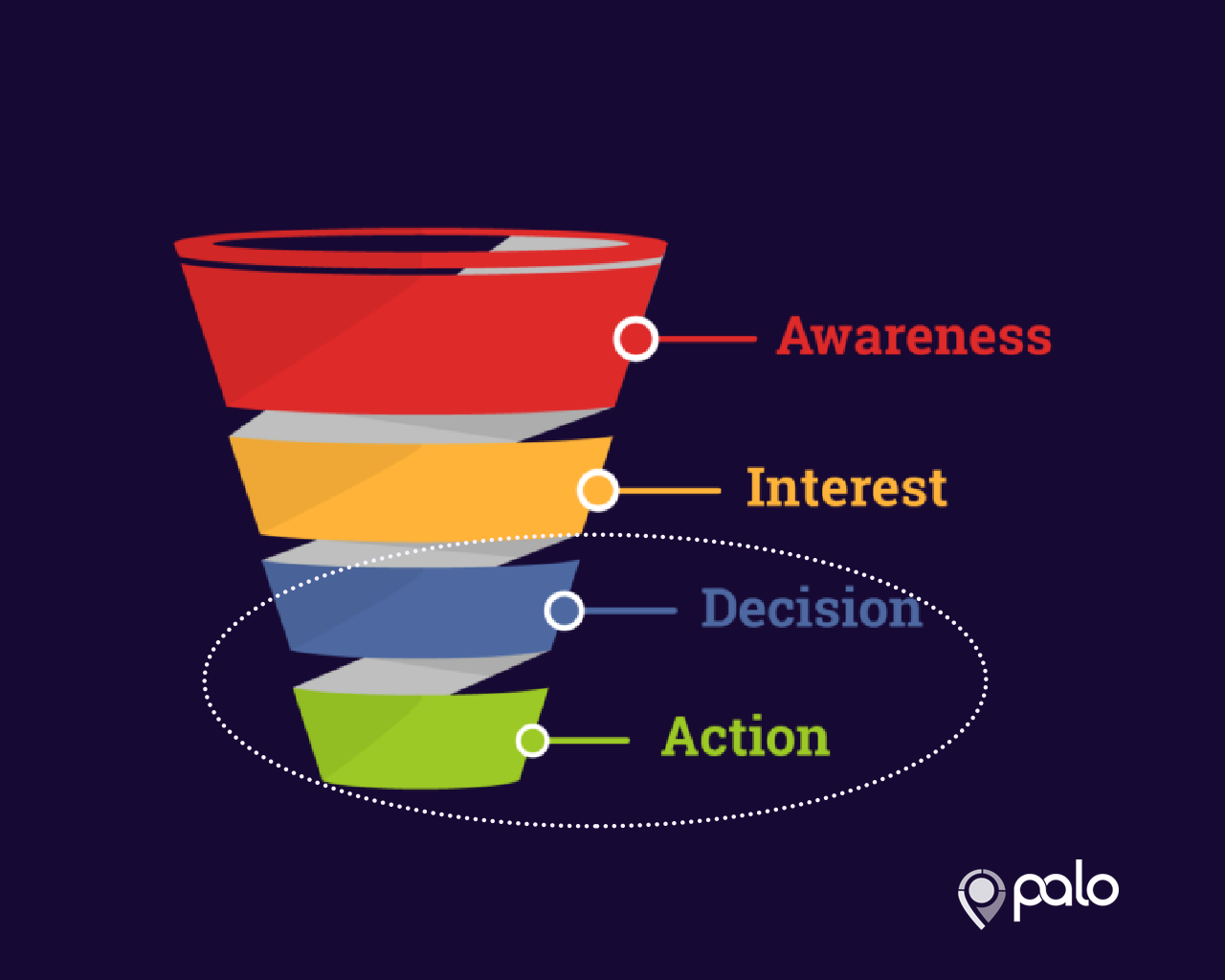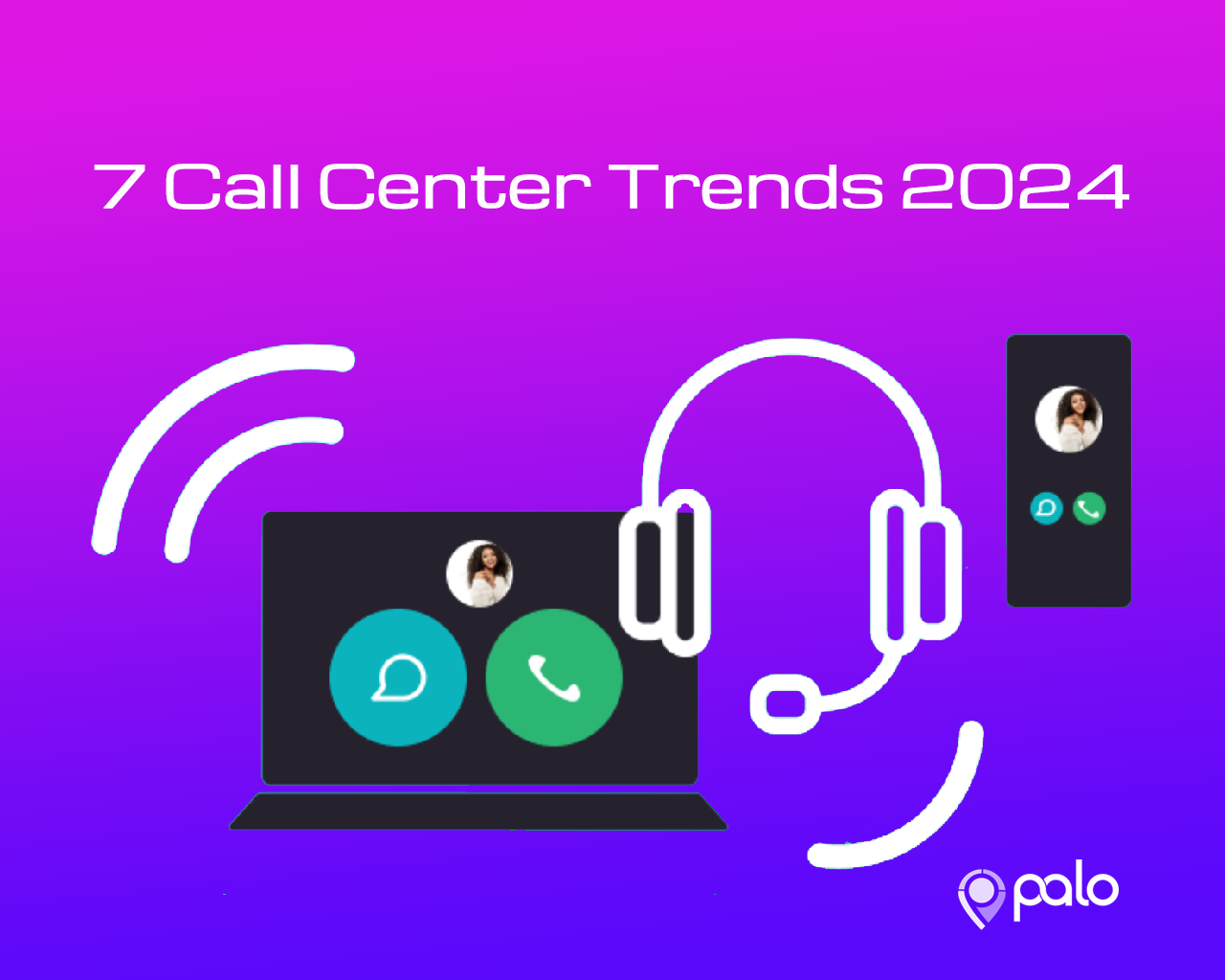
What Is Call Center Quality Assurance? Why Does It Matter?
Research shows that at least 79% of business leaders agree that modern customers are smarter and more informed. It means they have already researched and know what they want before they contact a company.
As a result, businesses are under more pressure than ever to provide exceptional customer service.
Being at the center of customer service, call centers need robust action and re-invention plans to meet customer expectations.
They can no longer rely on outdated processes and technology to handle customer interactions. This is where call center quality assurance comes into play.
Quality assurance helps contact center managers identify areas of improvement and create strategies to enhance the customer experience.
It involves monitoring, evaluating, and analyzing calls, chats, emails, and other interactions to ensure agents are providing high-quality service that meets company standards.
Today, we discuss everything you need to know about call center quality assurance and why it matters. Read on to learn more.
What Is Call Center Quality Assurance?
Quality assurance is a critical factor in running a thriving call center. The process involves monitoring and evaluating your agents’ performance to ensure they meet customer service standards.
It also involves identifying areas for improvement and implementing strategies to enhance the overall customer experience.
Quality assurance aims to improve agent performance, increase customer satisfaction, and ultimately drive business growth.

By consistently measuring and analyzing customer interactions, call centers can identify patterns and trends that can inform training and coaching programs for agents.
Furthermore, quality assurance can be critical in keeping call center running costs low by managing agents’ efficiency. Remember that delivering poor customer service from a call center is enough to chase customers away.
No business owner can afford to be complacent and overlook the quality of interactions their call center agents offer. They must always strive to ensure that all customers are treated equally.
What Is the Difference Between Call Center Quality Control and Quality Assurance?
Quality assurance and quality control are tactical, tick-box evaluations of processes aimed at improving the overall quality of service offered by call center agents. They are both essential components of delivering exceptional customer service.
But while quality assurance focuses on proactively identifying and addressing areas for improvement, quality control is more reactive.
It involves reviewing past interactions to ensure they meet pre-defined standards and taking corrective measures when necessary.

Therefore, quality assurance is a continuous process focused on improving overall performance, while quality control is a snapshot of past performance.
Typically, quality assurance will have a pre-defined checklist of desired standards to mark services against. In a contact center, for example, that would be KPIs such as script compliance and customer success.
However, we must mention that both processes are critical in ensuring that call centers deliver the best possible service to customers.
What Does Call Center Quality Assurance Involve?
So, what does a call center quality assurance process entail? Here are the key components of a robust QA program:
1. Monitoring Calls
One of the fundamental aspects of quality assurance involves monitoring calls. Trained professionals, often known as quality analysts, listen to or review recorded customer interactions.
They evaluate these interactions against pre-defined criteria to assess whether agents meet specific standards.
2. Performance Metrics
Key performance metrics are established to measure agent performance. These metrics include call duration, call resolution, adherence to scripts and guidelines, politeness, and other factors specific to the call center’s goals.
Metrics may also vary depending on the type of call center (e.g., sales, customer support, technical support).
3. Feedback and Coaching
Quality assurance doesn’t stop at assessment; it involves providing feedback to agents based on their performance.
Constructive feedback helps agents understand their strengths and areas that need improvement. It’s also an opportunity to offer coaching and training to enhance their skills.
4. Calibration
In a call center, quality analysts and team leaders must be on the same page when it comes to evaluation.
Calibration sessions are held to ensure consistency in assessing calls. Analysts discuss and align their understanding of call quality standards during these sessions.
5. Root Cause Analysis
Quality assurance also involves digging into the reasons behind issues or discrepancies in call center interactions. Root cause analysis aims to identify the underlying causes of problems and implement corrective actions.
6. Compliance and Regulatory Requirements
Some industries, like healthcare or finance, have stringent compliance and regulatory requirements.
Quality assurance includes ensuring call center operations comply with these regulations to avoid legal issues and fines.
7. Technology and Tools
Quality assurance often leverages technology and specialized software. These tools aid in call recording, data analysis, and generating reports. They make it easier to manage and monitor a high volume of interactions.
8. Customer Feedback Integration
Listening to the voice of the customer is essential. Quality assurance incorporates customer feedback and complaints into the process. It allows call centers to continuously improve based on real customer experiences.
9. Continuous Improvement
Quality assurance is not a one-time task but an ongoing process. It involves regularly reviewing and adjusting standards and procedures to adapt to changing customer needs and expectations.
10. Call Center Agent Engagement
Happy, engaged employees are more likely to provide excellent customer service. Quality assurance can encompass efforts to boost employee motivation and job satisfaction.
What Are the Different Quality Assurance Frameworks for Call Centers?
There are three main types of call center quality assurance frameworks that you can base your model on. However, you need to remember that these models are not mutually exclusive. So, feel free to combine all of them to manage your quality assurance process on different levels.
Operational Quality Assurance Framework
An operational framework usually deals with the quality assurance process on a day-to-day level. It constantly monitors how well the call center is performing daily.
The operational framework seeks to establish the weakest performers and what systems can be implemented to help improve them. It also checks whether daily quotas are being met and what can be done to improve overall performance.

Crucial data is usually collected through daily monitoring of goals to help make informed decisions. The biggest downside of this framework is that the solutions are micro-level.
Although the operational quality assurance framework model can show tremendous results in the short term, it has a relatively low potential for long-term improvement since it doesn’t address root causes.
Tactical Quality Assurance Framework
The tactical quality assurance framework is designed to look at the bigger picture in identifying customer experience concerns.
The model focuses on improving the overall quality of service by identifying and addressing all the root causes of customer issues.
It takes a much wider view and assesses the performance of all call center staff, from agents to management. This model is great for identifying how processes, systems, scripts, and training can be improved to make long-term changes and improvements.
Strategic Quality Assurance Framework
The strategic quality assurance framework looks at the quality of service your call center delivers long-term. This model is concerned with the customer’s overall experience and satisfaction, rather than just daily performance.

With this framework, you take a top-down approach to identify what changes should be made in your call center to enhance customer satisfaction.
The strategic framework goes beyond identifying general trends and focuses on understanding specific customer needs to make informed changes that deliver real improvements.
Why Should Your Business Care About Quality Assurance?
Call center quality assurance is essential because it helps improve your call center’s overall performance.
It allows you to identify both strengths and weaknesses within your operations, then make informed decisions on how best to address them.
By implementing quality assurance practices, you can:
- Improve customer satisfaction by identifying areas that need improvement.
- Enhance agent performance through regular feedback and coaching sessions.
- Increase efficiency and productivity by streamlining processes and procedures.
- Comply with industry regulations and standards to avoid legal issues and penalties.
- Boost employee engagement and job satisfaction, leading to better customer service.
Tips on Improving Call Center Quality Assurance
Creating an effective call center QA framework may seem like an overwhelming task, but it doesn’t have to. Here are some tips to help you get started:
- Involve all stakeholders, including agents, team leaders, and quality analysts, in the process.
- Continuously review and update quality standards based on customer feedback and industry changes.
- Use technology and tools to streamline the evaluation process and improve data analysis.
- Encourage a positive work culture through employee recognition programs and ongoing training opportunities.
- Regularly communicate with customers to gather feedback and make necessary improvements.

Remember, quality assurance is an ongoing process that requires constant monitoring and adaptation.
You must implement effective quality assurance practices in your call center to deliver exceptional customer service and drive business success.
Summary
Quality assurance is a crucial aspect of call center operations. It involves various processes such as assessment, feedback, calibration, root cause analysis, compliance, technology usage, customer feedback integration, and continuous improvement.
Companies can implement three types of quality assurance frameworks – operational, tactical, and strategic – to effectively manage call center performance on different levels.
Quality assurance is essential for improving customer satisfaction, agent performance, efficiency, compliance, and employee engagement in the long run.
At PALO, we understand the importance of implementing quality assurance as part of the pay-per-call campaign strategy.
We do everything possible to ensure we generate high-quality call leads for our clients. We continuously monitor and improve our processes to deliver the best results.
Contact us today to learn more about how we can help your business thrive through quality assurance in pay-per-call marketing campaigns.






